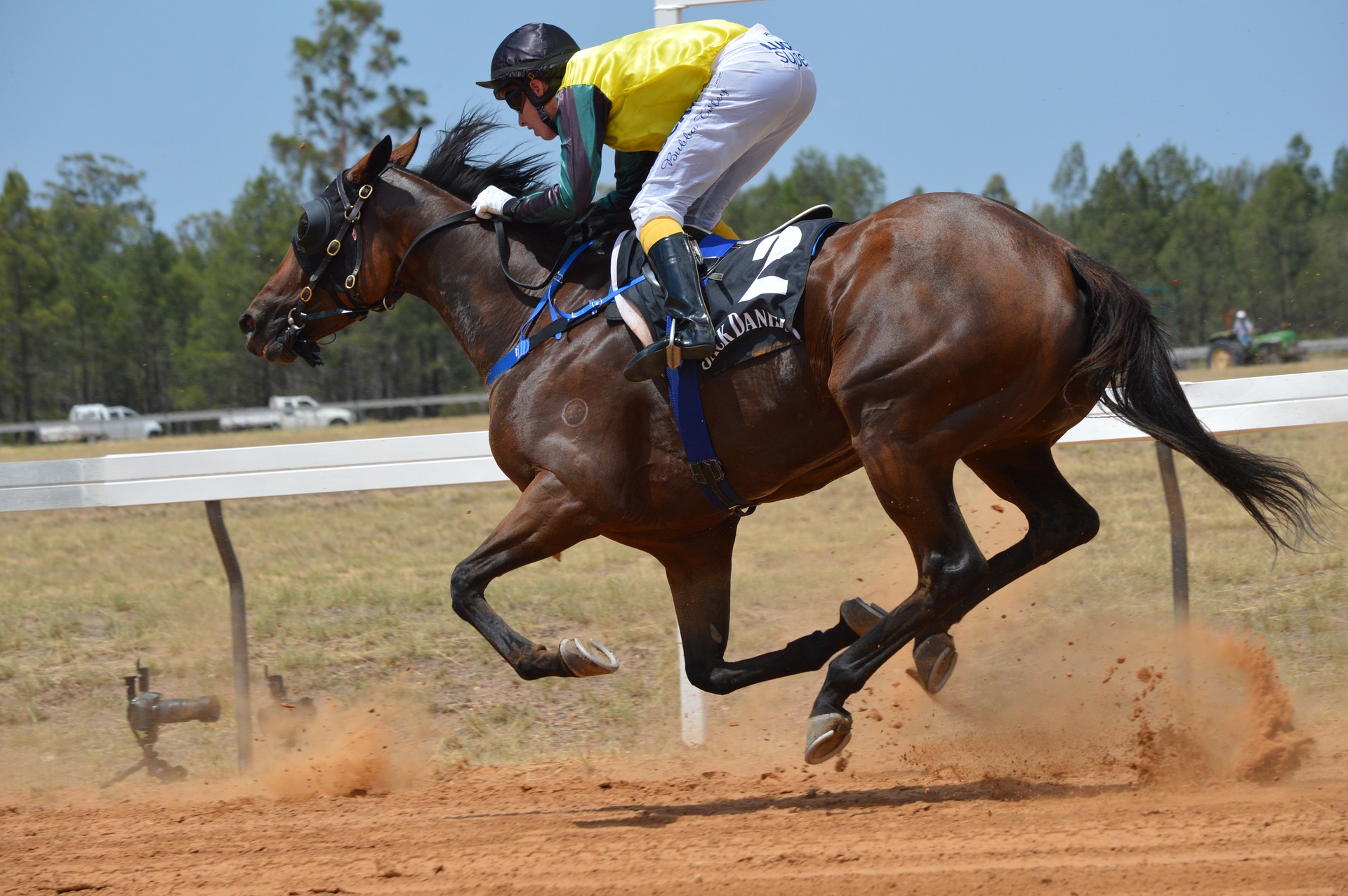

Inflammation is the process when white blood cells and substances they produce protect a horse’s from injury and infection with foreign organisms, such as bacteria and viruses.
However, in some diseases, like arthritis, the horse’s body’s immune system — the defense system — triggers an inflammatory response when there are no foreign invaders to fight off. In these diseases, called autoimmune diseases, the animal’s normally protective immune system causes damage to its own tissues. The body responds as if normal tissues are infected or somehow abnormal.
What Causes Equine Inflammation and What Are the Effects?
Inflammation occurs when chemicals from the horse’s white blood cells are released into the blood or affected tissues to protect the horse’s body from foreign substances. This release of chemicals increases the blood flow to the area of injury or infection, and may result in redness and warmth. Some of the chemicals cause a leak of fluid into the tissues, resulting in swelling. This protective process may stimulate nerves and cause pain.
The increased number of cells and inflammatory substances within the joint cause irritation, swelling of the joint lining and, eventually, wearing down of cartilage (cushions at the end of bones).
What Diseases Are Associated With Equine Inflammation?
Some, but not all, types of arthritis are the result of misdirected inflammation. Arthritis is a general term that describes inflammation in the joints. Some types of arthritis associated with inflammation include the following:
- Arthritis
- OCD (Osteochondritis dissecans)
- Joint pain
- Joint stiffness
- Loss of joint function
- Muscle stiffness
- Atrophy
Often, only a few of these symptoms are present.
What to do if your horse has inflammation.
You don’t treat the inflammation. Since inflammation is the immune response to protects the horse from infection from foreign organisms, inflammation is necessary to keep the horse alive. However, to treat the horse’s inflammation, we need to treat the bacterial or viral infection that is the underlying cause of the inflammatory response.
How do Veterinarians Treat Equine Inflammation?
Veterinarian will try to treat of inflammation by eliminating the bacterial infection with antibiotics and attempting some pain relief by administering steroid and non-steroidal anti-inflammatory drugs. We’ve found that this course of treatment to be expensive and does not lead to optimal health of the horse. They also administer Bute to mask the pain.
The Leg Saver® works by emitting specific electrical frequencies that kill viral and bacterial infections. Administering the Leg Saver® to the ting points on your horse creates the wrong environment for viruses and bacteria to survive and consequently, the inflammatory response is no longer required and the inflammation is naturally eliminated.





Does this help humans with similar pain in joints?